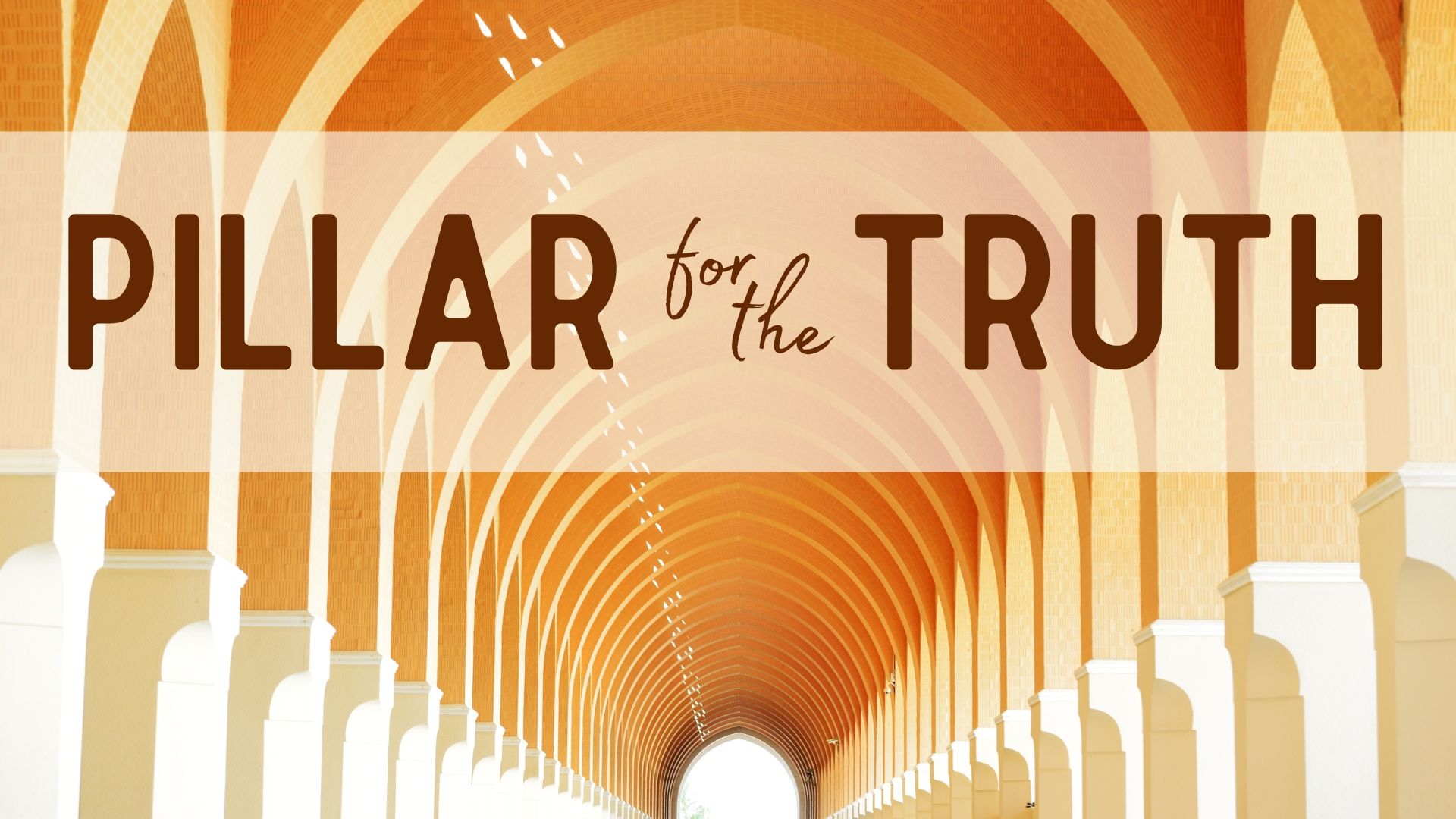A Reformation of Song
Yesterday was the 505th anniversary of the event that historians point to as the spark that set ablaze the great “Reformation” of Christ’s Church on earth: the posting of Martin Luther’s “95 Theses” on the door of the Castle Church in Wittenberg, Germany.
On Sunday evening, we discussed some of the factors that contributed to the successful spread of the 16th century attempts at restoring the church to biblical teachings and practices, in contrast to earlier attempts that were almost entirely snuffed out (e.g., those of Jan Hus and the Hussites in the 15th century, John Wycliffe and the Lollards in the 14th century, and Pierre/Peter Waldo and the Waldensians in the 12th century).
One important factor that God used to spread these essential reforms in the 16th century and beyond was Luther’s “reformation of song”. Here are three of the key insights from a helpful article by Matt Merker on “6 Lessons from Luther on Congregational Singing”:
- “Singing truth is a way to write it on our hearts. . . . Both preaching and singing are part of the teaching of the Word.”
- To be effective, “the music must be intelligible,” meaning simple, and “easy to memorize.”
- We must only “use the best songs,” as “a good hymn conveys truth in a way that makes it compelling and invigorating for the people of God.”
You’ll notice that these same principles are found in other articles I’ve shared regarding the importance of the songs we sing:
May the Lord greatly bless our worship through song on Sunday mornings as He has for so many throughout the history of the church.
Blessings in Christ,
Pastor Evan
Related article: Happy Reformation Day!
Related article: Let Goods and Kindred Go
Related article: The Five Solas

